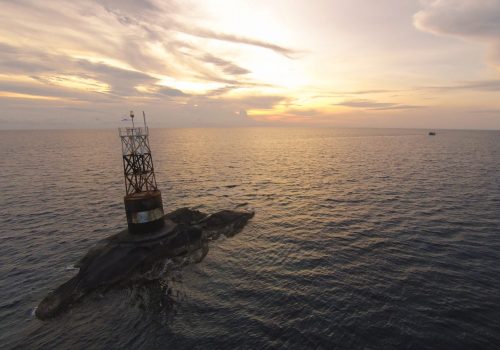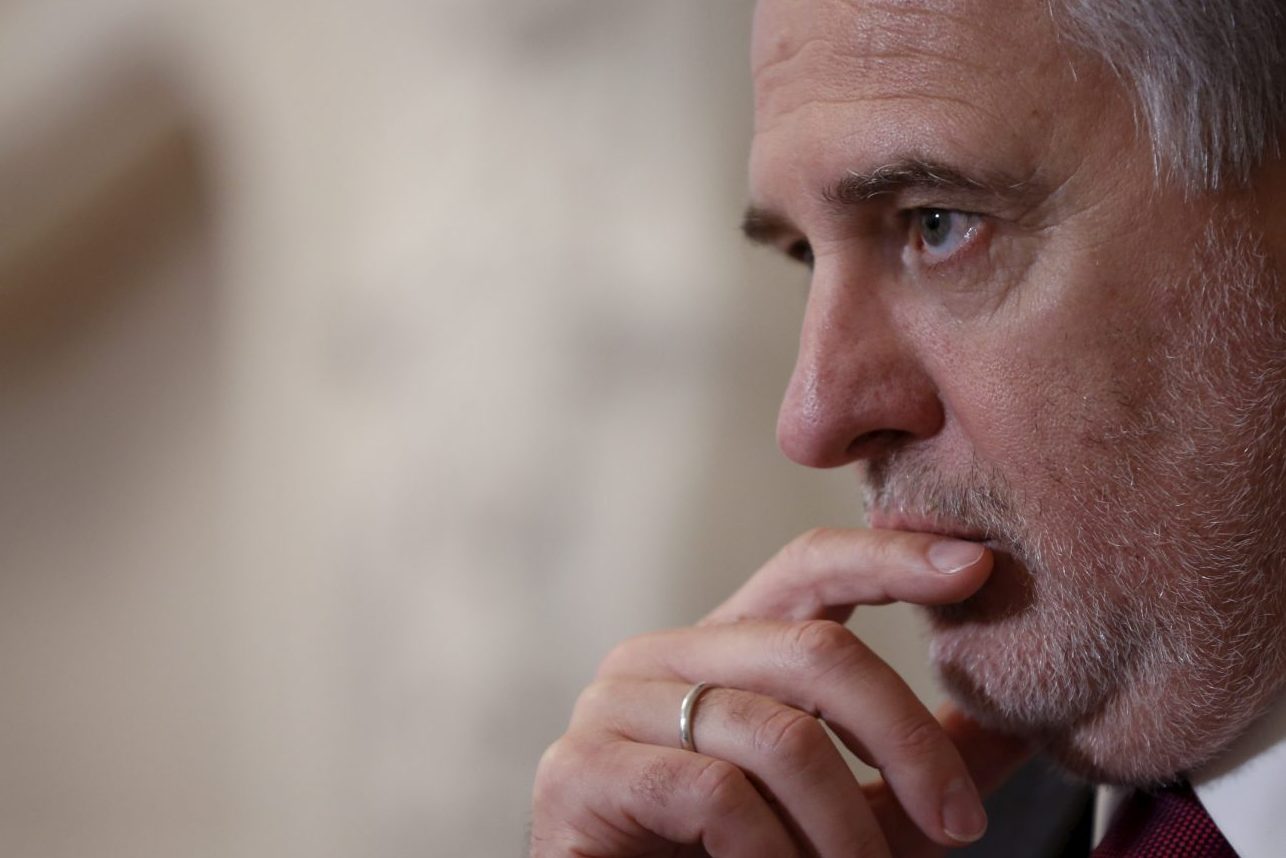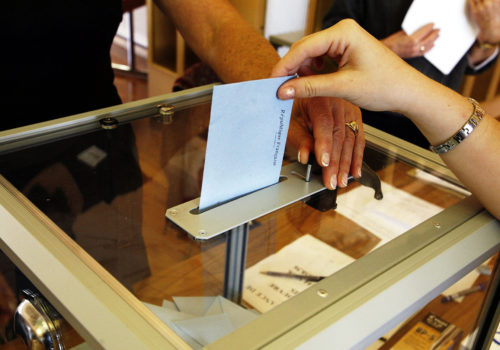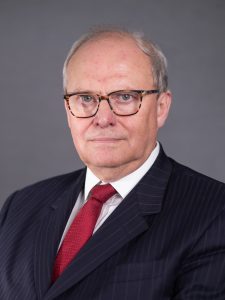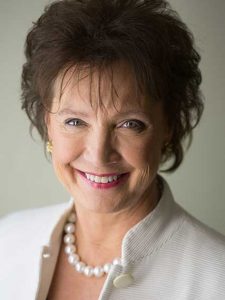Kleptocracies, or governments run by corrupt leaders that prosper at the expense of their people, are on the rise. In the past, if an official stole vast sums of money, it could only be used for a limited number of things, while modern institutions in the United States and Europe now enable massive money-laundering operations. It isn’t too late to fight back, Oliver Bullough writes in his new book, Moneyland.
Oliver Bullough , author of Moneyland, joins us to discuss how modern kleptocrats continue to evade laws and regulations designed to stop them. Diane Francis, senior fellow, Eurasia Center, Atlantic Council; Editor-at-Large, National Post, and Dr. Anders Åslund, senior fellow, Eurasia Center, Atlantic Council join the conversation.
RELATED experts

The Eurasia Center’s mission is to promote policies that strengthen stability, democratic values, and prosperity in Eurasia, from Eastern Europe in the West to the Caucasus, Russia, and Central Asia in the East.
